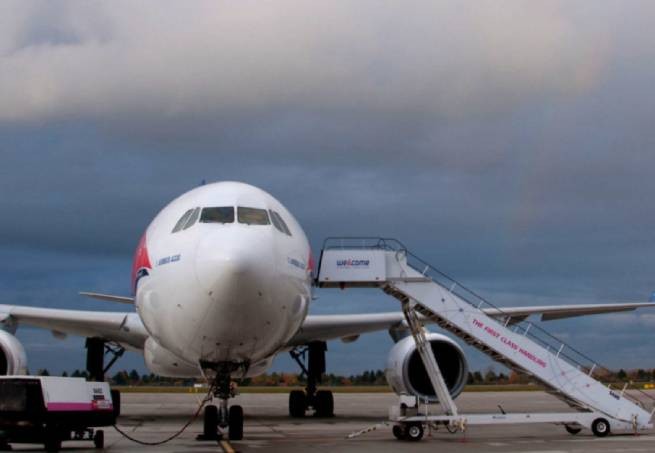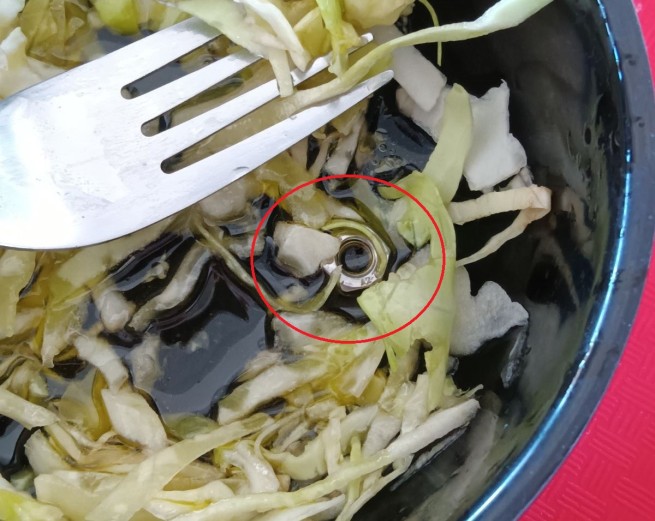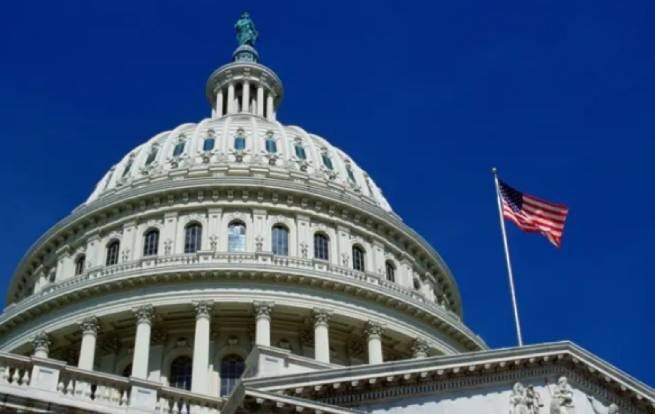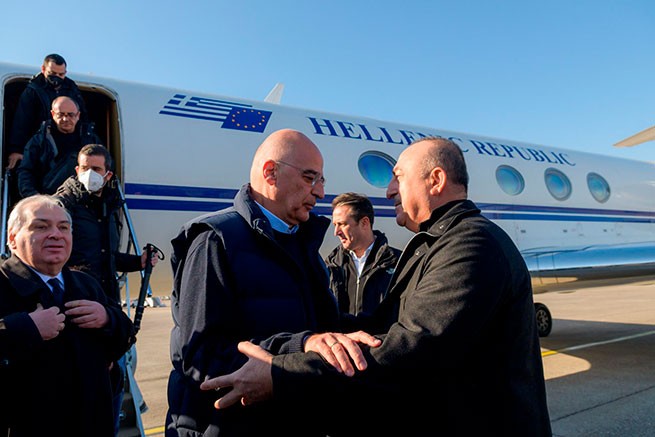Twenty days have passed since the deadly February 6 earthquake in Turkey and the unimaginable destruction it caused. At least 50,000 people have died in Turkey and Syria, 44,000 of them in Turkey.
The tragic event that brought Greek rescuers to Turkey and forced Greek Foreign Minister Nikos Dendias hug Mevlut Cavusoglu after years of tension in bilateral relations.
“If there is anything positive about this earthquake, it is that many countries sent aid to Turkey, including countries with which Turkey had troubled relations such as Greece, Israel, Armenia,” says Aret Demirci, Program Manager at the German Friedrich Naumann Foundation for Liberals in Sofia, who has been active in Greek-Turkish relations for many years.
Demirci recently co-ordinated the same institution’s journalism program in Berlin, which was useful for a wider Greek-Turkish dialogue that included journalists, scholars and experts from Greece and Turkey. At a difficult moment, a few days after the great earthquake, the exchange of views between Greeks and Turks becomes even more important. But what does he think of the so-called “earthquake diplomacy” and the future of Greek-Turkish relations?
“I believe that this is a new beginning of good relations between Ankara and Athens, but on the other hand, these are deeply rooted problems. So there is no guarantee that an earthquake will change anything.” In his opinion, the “momentum” can contribute to a “sustainable improvement” in bilateral relations due to the spontaneous reaction of ordinary citizens at the social level in both countries.
Too early for long-term estimates
“I would like us to have a better and more sustainable relationship in the long run, without such tragedies.Erkan Saka, a journalist, blogger and media professor at Istanbul Bilgi University, told DW in a similar vein. – Let’s hope we build on top of all that. We need to change the way we see bilateral relations in order to give them a positive dimension for the future. Tragedies just remind us that we are all human.”
For his part, Eylem Yanardaoglu, associate professor of new media at Kadir Has University in Istanbul and researcher on the Turkish program at ELIAMEP in Athens, focuses on the emotional and immediate reaction of the Greeks. “I follow various groups on Facebook and WhatsApp. I saw that people wrote on social networks, collecting humanitarian aid for earthquake-affected areas, – notes a university student who specializes in working with social networks. – The way people were willing to help each other was amazing, but at the macro policy level, we may not see immediate corresponding results. We may have to wait to see the effect of all these steps in the future.”
However, Professor Turkala emphasizes the tendency of many Greeks to show through their posts on social networks that, in fact, the two peoples have nothing to share, “that we are friends, neighbors, that we help each other. In this way, they brought back to the fore this sense of solidarity that had been lost.”
95% of Turkish media are controlled by the government
However, the comments of Turkish experts on how the Turkish media recorded the assistance to Greece these days are also of interest. “I think from the point of view of the media, the two countries are very different from each other. In Turkey, 95% of the media is controlled by the government, and any decision made by Ankara about Greek-Turkish relations is reflected in the media.
On the other hand in Greece, although the situation is different, I notice an obsession with Turkey– says Aret Demirdzhi, – Greeks need to understand that Turkey is much more than just Ankara and the Turkish government. Ordinary people don’t necessarily identify with them.”
As for Erkan Sak, despite heavy shadows overshadowing Turkey’s overall media landscape, he believes there are still glimmers of hope. And he characteristically says: “A new form of media is starting to appear in Turkey, small independent media, which in the future may become the basis for the new “mainstream media” in Turkey”. For him, the earthquake also changed the fact that many Turkish media stopped acting as “Turkish government press representatives” and showed a different, positive image of Greece.







More Stories
4 scenarios for the development of the war in Ukraine
There was a scandal in Cyprus over the Prime Minister's plane, donated by K. Mitsotakis
Nuclear wrestling between the USA and Russia: are we heading towards the use of strategic weapons?